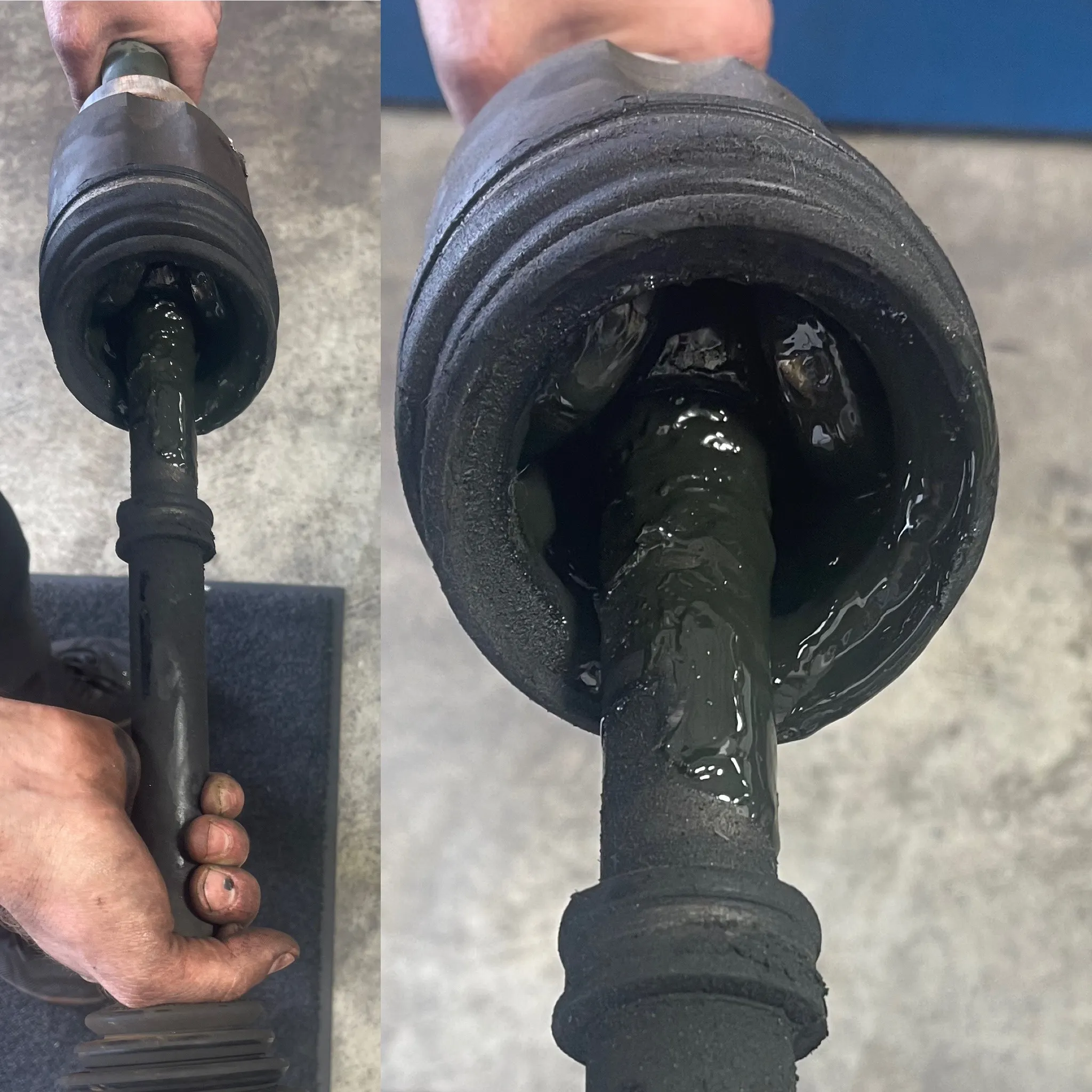5 Signs of a Failing CV Axle
A CV (constant velocity) axle is a critical component in a vehicle's drivetrain, responsible for transferring power from the transmission to the wheels while allowing for flexible movement. Here are five signs that may indicate a failing CV axle:
-
Clicking or popping sounds:
One of the most common signs of a failing CV axle is a clicking or popping sound when turning. This noise often occurs during sharp turns and is a result of worn-out or damaged CV joints. The joints may no longer be able to maintain smooth articulation, leading to audible clicking. -
Vibration or shaking:
If you experience vibrations or shaking, particularly during acceleration, it could be a sign of a failing CV axle. This typically indicates issues with the CV joint or axle shaft, causing an imbalance that manifests as vibrations when driving. -
Grease on the inner edges of the tire:
A torn or damaged CV boot can lead to the leakage of grease, which is essential for lubricating the CV joint. If you notice grease on the inner edges of your tires, it may be an indication that the CV boot has failed, and the joint is at risk of damage due to lack of lubrication. -
Axle shaft play or excessive play:
If there is excessive play or movement in the axle shaft when you try to move it back and forth, it may suggest a problem with the CV joint. A healthy CV joint should not have noticeable play, and any movement may indicate wear or damage. -
Difficulty turning or steering:
A failing CV axle can result in difficulty turning the vehicle, especially during sharp turns. If you find it harder to steer, or if there's resistance or a binding feeling when turning, it could be due to a compromised CV joint.
If you observe any of these signs, it's crucial to address the issue as soon as you can. Ignoring problems with the CV axle can lead to further damage, potentially resulting in a more expensive repair or even a breakdown. If you suspect issues with your CV axle, it's advisable to have your vehicle inspected by a qualified mechanic.


